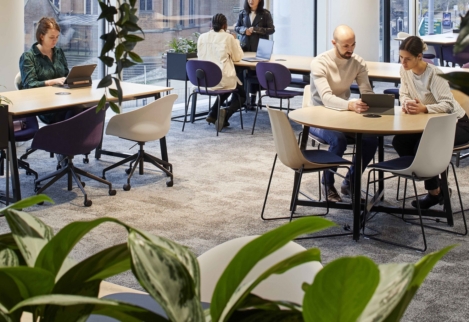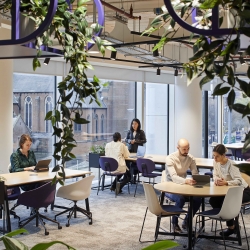September 5, 2024
Shared Parental Leave (still) failing to deliver for working dads
 New research suggests that Shared Parental Leave (SPL) has failed to encourage greater take-up or longer leave by fathers, prompting calls for policy reform. Introduced in April 2015, SPL was designed to let parents share the load of looking after their children, giving fathers a greater role at home and encouraging mothers to get back to work sooner. But new research by economists from the Economics Department and Institute for Policy Research (IPR) at the University of Bath and Cardiff University shows that the policy has fallen flat. Workplace Insight has been tracking the bumpy passage of the legislation over the past nine years. You can see our coverage here. (more…)
New research suggests that Shared Parental Leave (SPL) has failed to encourage greater take-up or longer leave by fathers, prompting calls for policy reform. Introduced in April 2015, SPL was designed to let parents share the load of looking after their children, giving fathers a greater role at home and encouraging mothers to get back to work sooner. But new research by economists from the Economics Department and Institute for Policy Research (IPR) at the University of Bath and Cardiff University shows that the policy has fallen flat. Workplace Insight has been tracking the bumpy passage of the legislation over the past nine years. You can see our coverage here. (more…)































April 29, 2024
Workers may have new rights to request flexible working, but let’s not celebrate too soon
by Molly Johnson-Jones • Comment, Flexible working